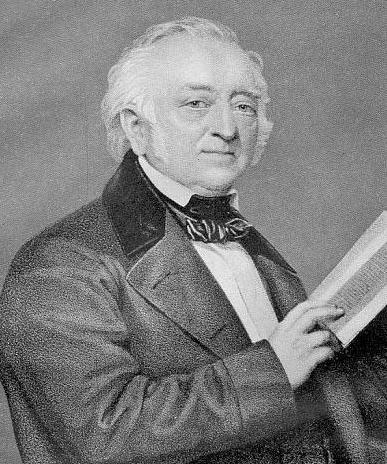J.E. Sandys, A History of Classical Scholarship Vol. 3:
“As a child, he [Lucian Müller] had lost the sight of one of his eyes, and was very short-sighted; as a boy, he repeatedly read through Zumpt’s larger Latin Grammar and made himself the best Latinist in his school. During his brief experience as a school-master, he proved an ineffective disciplinarian; his head-master, in the hope of improving the discipline of the boys, solemnly told them that they ‘did not deserve to be taught by so learned a master’, and repeated this remark to Miiller, who replied, ‘Yes ! that is exactly what I have told them myself. He held that, for a great scholar, it was essential that he should have, not only wide learning and clear judgement, but also a strong power of concentration on a definite field of labour. It was this that led to his own success in the province of Latin poetry. But he was far from neglecting Greek, for he also held that, without Greek, a fruitful study of Latin was impossible. He was a skilful writer of Latin verse, and insisted on the practice of verse composition as a valuable aid towards the appreciation of the Latin poets. He was impressed with this fact during the preparation of his ‘History of Classical Philology in the Netherlands’ (1865), and he returned to the point in his biographical sketch of the life of Ritschl (1877-8), in the course of which he urged that it was, on the whole, more important for an eminent classical professor to train first-rate school-masters than to turn out classical specialists.”






